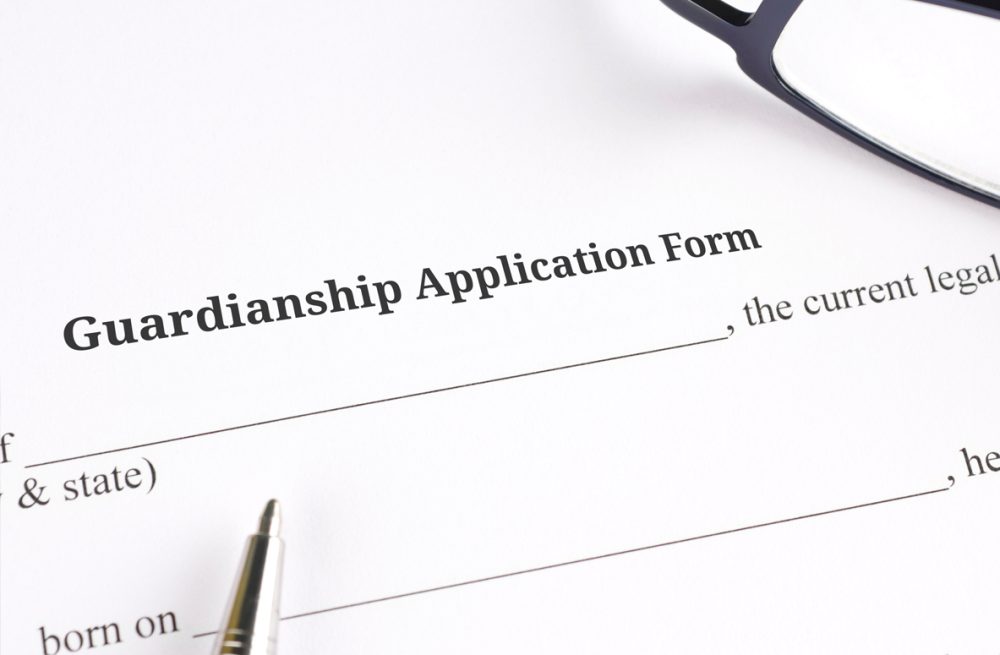Starting the guardianship application process in New Jersey involves several important steps designed to protect the rights of the person who may need a guardian. Understanding the application process can help families navigate this often emotional and complex journey more confidently.
What The Guardianship Application Process In New Jersey?
The guardianship application is a formal legal petition filed with the court to request appointment of a guardian for an adult who does not have the mental capability to manage their personal or financial affairs. The petition initiates the court’s review and decision-making process.
Step 1: Filing the Petition
To begin, the petitioner (often a family member or caregiver) files a Complaint for Guardianship with the Surrogate’s Office in the county where the alleged incapacitated person (“AIP”) lives. The State of New Jersey created a form Complaint that you can download from the Court’s website. The petition must include:
• The petitioner’s contact information and relationship to the AIP
• A detailed statement explaining why guardianship is necessary
• Medical certifications from two licensed professionals confirming the AIP’s incapacity
• An affidavit of the AIP’s assets and financial status
Step 2: Court-Appointed Attorney and Notice
After filing, the court appoints an independent attorney to represent the AIP’s interests. This attorney will:
• Meet with the AIP in person
• Review medical records and the petition
• File a report and recommendation with the court
The petitioner must also send notice to notify the AIP, close family members, and other interested parties in writing about the guardianship application and upcoming hearings.
Step 3: Court Hearing
The court schedules a hearing where the judge reviews all documentation and listens to testimony from the petitioner, the AIP (if able), the court-appointed attorney, and any objectors. The judge may:
• Order additional medical evaluations
• Question parties involved
• Consider less restrictive alternatives before granting guardianship
Step 4: Court Decision and Appointment
If the court finds the AIP to be incapacitated and in need of a guardian, it issues an order appointing the guardian. The appointment can be for:
• General guardianship: Full authority over personal and financial matters
• Limited guardianship: Authority over specific areas only
The appointed guardian receives Letters of Guardianship, which legally authorize them to act on behalf of the AIP.
Step 5: Ongoing Responsibilities
Once appointed, the guardian must file inventories and annual reports with the court detailing the AIP’s condition and financial status. The State will continue to oversee the guardianship to ensure the AIP’s well-being via the Guardianship Monitoring Program.
If you or someone you know needs assistance with the guardianship application process in New Jersey, do not hesitate to contact Ward, Shindle & Hall.

